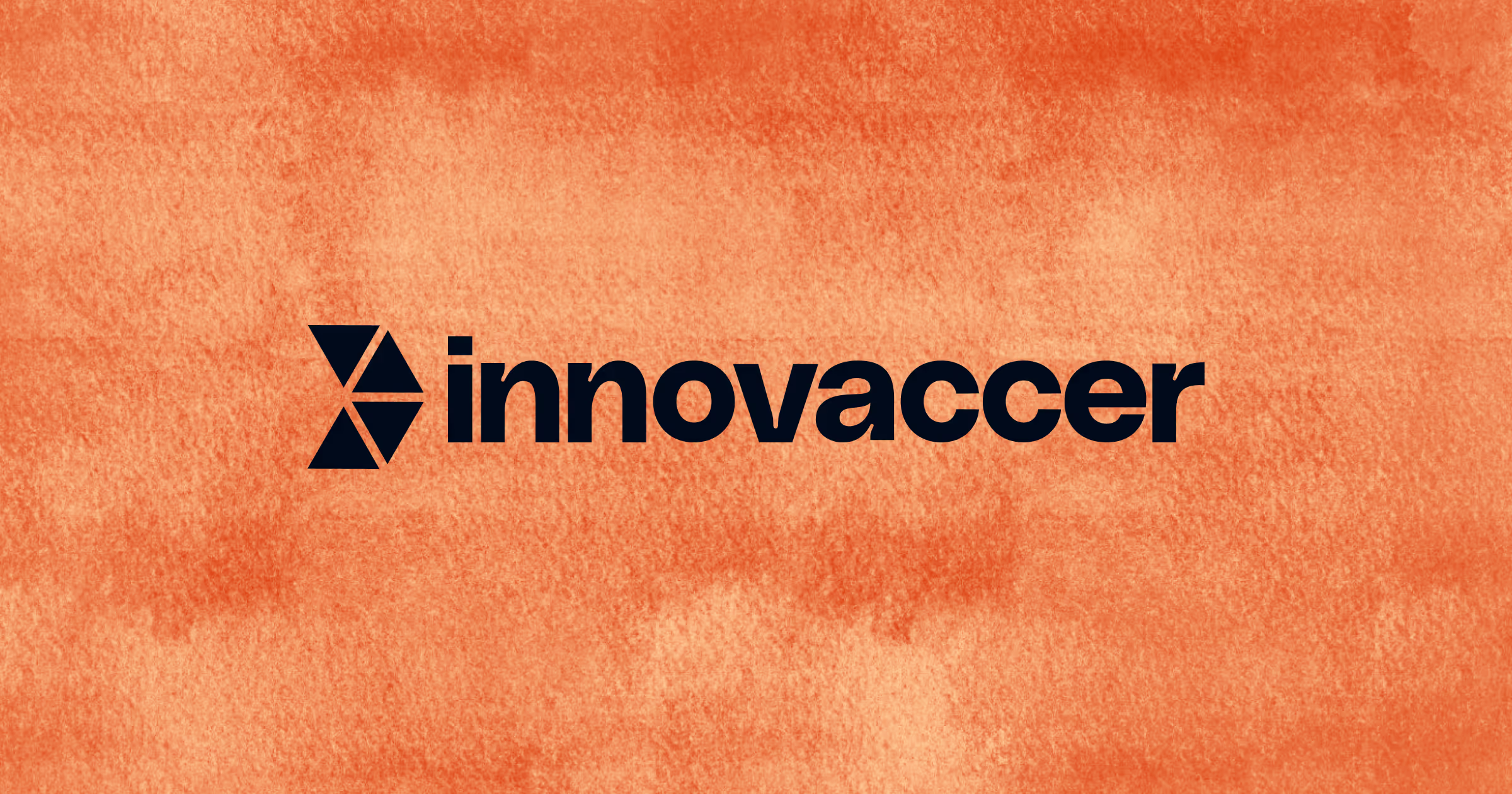
Innovaccer is forging the future of healthcare where data connectivity and advanced analytics create a new paradigm of intelligent, equitable care accessible to all. We envision a world empowered by seamless data-driven collaboration across providers, payers, and communities, transforming health outcomes on a global scale.
By harnessing the power of unified healthcare data and pioneering AI automation, Innovaccer activates information that drives meaningful decisions and operational efficiency. Our approach integrates advanced technology to reimagine how care is delivered—turning complex health data into actionable insight and simplifying the daily workflows of care teams.
We are dedicated to building a connected, data-rich ecosystem that elevates every aspect of health management. Through relentless innovation, we aim to inspire systemic change and enable every healthcare stakeholder to contribute to a more sustainable, patient-centric future.
Our Review
We've been tracking Innovaccer for a while now, and honestly, this company keeps surprising us with how they approach healthcare data. What started as a university research project at Wharton and Harvard has evolved into something that's actually solving one of healthcare's biggest headaches: making sense of all that scattered data.
The Data Detective Story
Here's what caught our attention first: Innovaccer doesn't just collect healthcare data—they make it useful. Their Healthcare Intelligence Cloud connects over 80 different electronic health records systems, which is like being a translator for dozens of different languages that hospitals speak. We've seen plenty of companies promise to "unify healthcare data," but few actually deliver on making it actionable.
The real magic happens when they take messy, fragmented patient records and create what they call a "single source of truth." It's the kind of behind-the-scenes work that patients never see but makes everything else possible.
AI That Actually Makes Sense
Their newest launch—the "Agents of Care" suite—is where things get interesting. Instead of throwing AI at everything and hoping it sticks, they've focused on automating the mundane stuff that burns out healthcare workers. Think clinical documentation, care coordination, and call center operations.
What we appreciate is that these aren't experimental AI features—they're pre-trained agents that slide into existing workflows without requiring a complete system overhaul. That's smart product design.
The Proof Is in the Partnerships
When companies like Kaiser Permanente not only use your platform but also lead your funding rounds, that tells a story. Innovaccer has managed to win over some seriously demanding customers, including CommonSpirit Health and Banner Health—organizations that don't have patience for half-baked solutions.
Their collection of KLAS awards since 2021 isn't just industry recognition; it's validation from the people actually using these tools every day. Being named the top AI-driven population health management vendor by Black Book Research in 2025 just adds to the credibility.
Who Should Pay Attention
If you're a health system drowning in data silos, Innovaccer makes a compelling case. They're particularly strong for organizations moving toward value-based care, where you actually need to prove outcomes, not just document services. Payers and government agencies also seem to find their population health management tools valuable for risk stratification and patient outreach.
The company has that rare combination of technical depth and practical application that makes us think they're onto something sustainable in the notoriously difficult healthcare market.
Feature
Healthcare Intelligence Cloud platform connecting and unifying data from 80+ EHRs
Master Data Management with Enterprise Master Patient Index
Data ingestion, parsing, coding, and harmonization
Advanced analytics and predictive AI models for clinical and operational insights
AI-Driven Automation with Agents of CareTM suite for clinical documentation, care coordination, and call center automation
Population health management and CRM tools for value-based care programs








